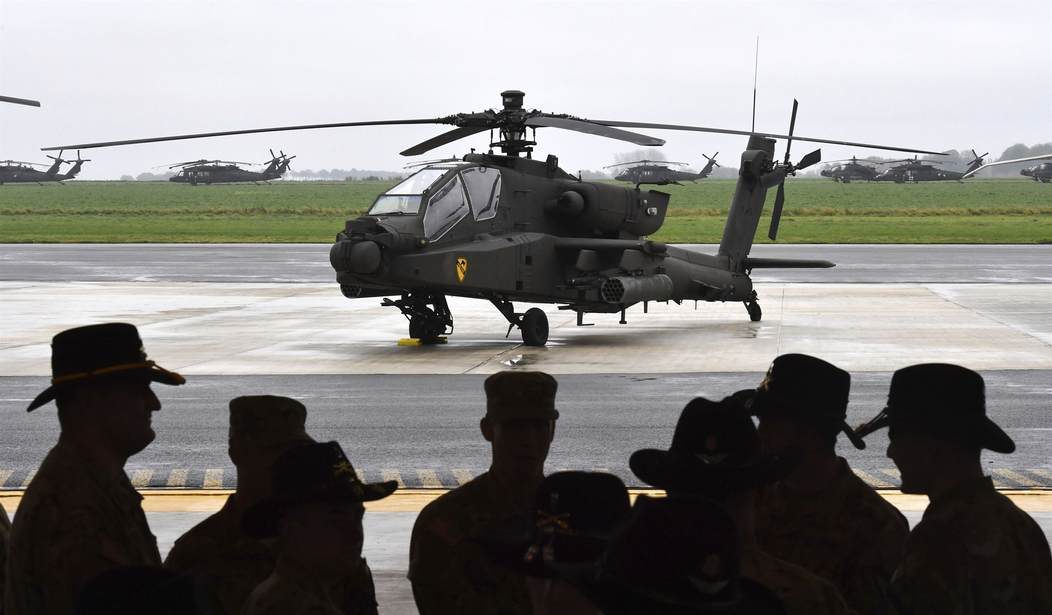Traditionally, when a United States federal employee who is married to a member of the military learns that their spouse is being deployed overseas, a new position is found for them at the same location where the spouse will be based. This allows families to remain together and jointly continue to participate in raising their children if they have any. It’s also a system that encourages military enlistment and service. But in the case of the State Department, that’s no longer standard policy. A recent change was made to State Department employment policies that tightened restrictions on such transfers, making it far more difficult to arrange such moves. Now a bipartisan group of Senators is asking why this happened. (Free Beacon)
The State Department is making it more difficult for federal employees who travel overseas with their military spouses to keep their jobs.
Sens. Marsha Blackburn (R., Tenn.) and Maggie Hassan (D., N.H.) say a recent change to the State Department’s employment policies make it difficult—if not impossible—for federal workers who accompany their military spouse overseas to maintain their jobs while abroad. The change also affects the federally employed spouses of government workers assigned to overseas posts.
Blackburn and Hassan are investigating the State Department over the policy shift, which was issued in a little-noticed change to the agency’s employment guidelines. It is unclear why the State Department tightened restrictions on those trying to work overseas, particularly in light of the coronavirus pandemic, which massively affected the State Department’s workforce.
These arrangements have traditionally been handled under the Domestic Employees Teleworking Overseas program (DETO). Such arrangements for teleworking assignments were usually rare (and not as urgently needed) for domestic federal workers but exceptions were made for those with spouses deploying to other countries.
It’s difficult to understand what the motivation for such a change would have been. I understand that the government has a lot of budget problems, but how much money could we really be talking about here? The federal government is currently understaffed in some areas because of personnel losses during the pandemic. This change will almost certainly encourage more people to leave their jobs if that’s the only way to keep their families together.
It could also hurt retention and enlistment in the military. Isn’t it already hard enough to be a military spouse, particularly when so many troops are being deployed to increasingly dangerous areas? Particularly among the enlisted ranks, nobody is getting wealthy by serving in the military. Forcing a service member’s spouse to lose their career and their income will only create more pressure on these families. (I’m speaking from experience here, by the way.)
This may seem like a story that’s pretty far down in the weeds compared with everything else we’re dealing with these days, but it deserves some attention. The senators need to get some answers from the State Department and find out who ordered this change to be made and what their rationale was. We have plenty of people who talk a good game when it comes to honoring and providing for our troops. This is one area where it should be fairly easy to match those words with action.








Join the conversation as a VIP Member